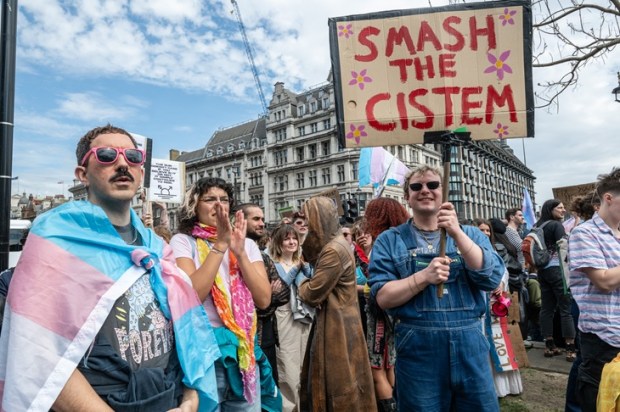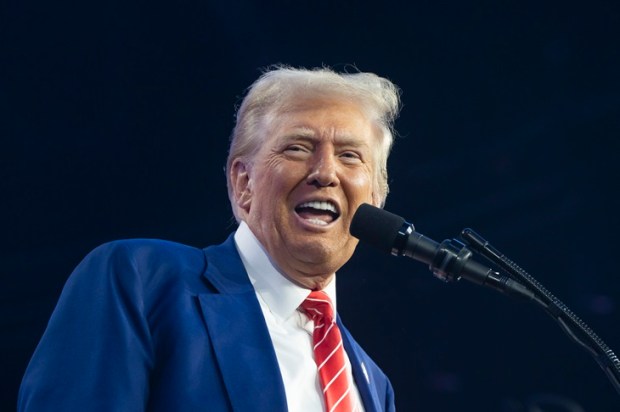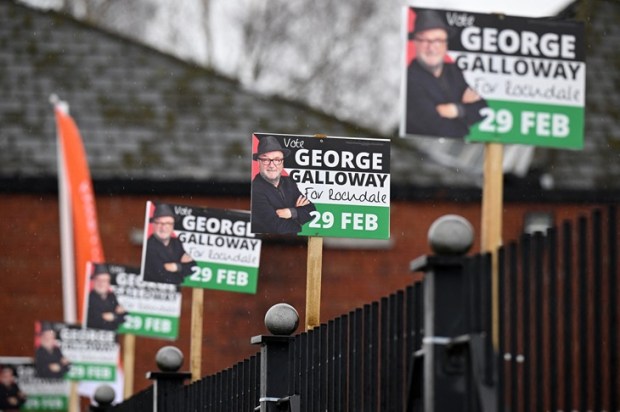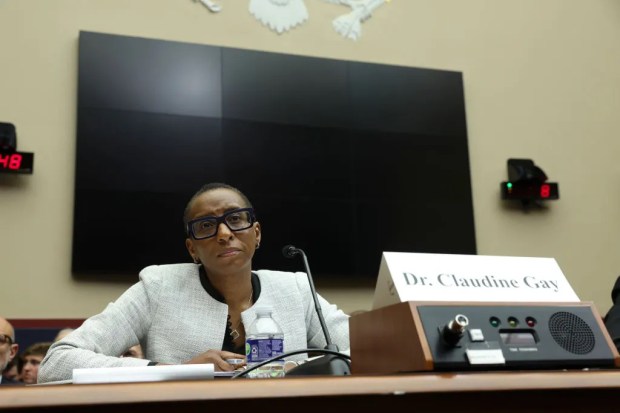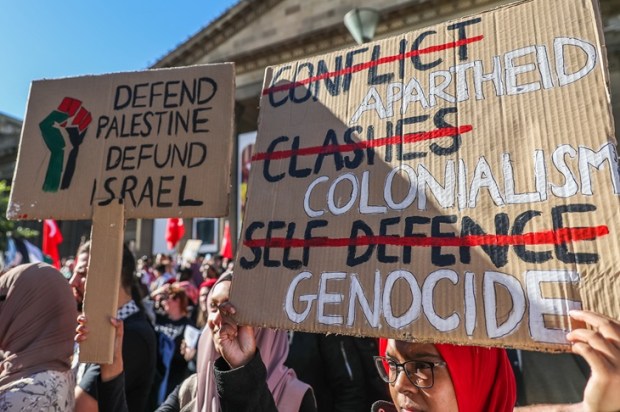Giuseppe Tomasi di Lampedusa’s wonderful novel The Leopard tells the story of a Sicilian prince and how his aristocratic life faced dramatic shifts during the unification of Italy in the mid-19th Century. Perhaps the most famous quote from the novel is spoken by Tancredi, the prince’s nephew, who was in favour of Garibaldi’s unification movement.
‘If we want things to stay the way they are, things will have to change.’
Europe is again at a crossroads, and it seems that more and more the people have decided, like Tancredi, that things must change.
I wrote in 2017, after Macron’s election victory, that there was an air of haughtiness to the European elites, following the earlier election defeat of Geert Wilders in the Netherlands, and the loss of the conservative Freedom Party in Austria. Without taking stock of how narrow and equivocal those victories were, the elites carried on, ratcheting up their ideological dogmas on an unwilling public. I thought they were dead wrong in their self-righteousness and complacency.
A short few years later, Italy has voted in a conservative leader in Giorgia Meloni, its first female Prime Minister. Despite a barrage of negative press from the left-leaning media, her popularity remains high. Sweden also voted in a conservative government, to the shock of the outraged media.
Most recently, in the Netherlands, Geert Wilders and his Party for Freedom (PVV) won 23.6 per cent of the vote, making PVV the largest party in parliament with 37 out of 150 seats. In 2017, PVV won only 13.1 per cent of the vote.
Wilders’ win is significant, though he may face a tough time forging a government with the other political parties. He has been openly anti-EU, and anti-mass immigration, and has been warning about the dangers of Islamist influences for decades. The Netherlands is no stranger to the latter – in 2004 Wilders and Ayaan Hirsi Ali, then a Dutch parliamentarian, were the target of assassins armed with grenades. In the same year, Theo Van Gogh, a Dutch filmmaker, was killed by an Islamist. As to the way the country is headed, a summer poll found that more than 70 per cent of people surveyed replied that they think the Netherlands is heading in the wrong direction. The recent victory of the newly formed Farmers-Citizen Movement in the Dutch provincial elections is testament to a peaceful revolt against unacceptable and untenable policies harming the livelihoods of ordinary Dutch citizens.
Rather than spending a minute to analyse whether some of the policies pushed by the EU and left-wing institutions – such as being against borders, against sovereignty, and naïve Utopian green policies – have led to this swing towards the right wing, the press and EU can only scaremonger, naming everyone they don’t like ‘extreme right-wing’. After years of using such a smear tactic, the sting is wearing off.
Elections loom in other European countries. Most significantly perhaps, the Alternative for Germany (AfD) party, which has been gaining popularity in the EU’s largest and most influential country. Other states, such as France and Belgium, look also increasingly likely to usher in right-wing parties at their next elections.
There is, of course the danger, that such a swing against the left may usher in unsavoury elements of the right, and societies must have their antenna out to detect such things. But Wilders is hardly extreme right-wing. However, the left is to be blamed for creating this unsustainable situation in Europe and the West, and a chastening experience at the polls can only do more good than harm, if only to act as a slap in the face for smug political ideologues. Things must change.



